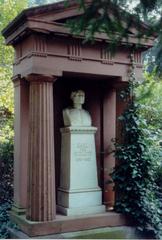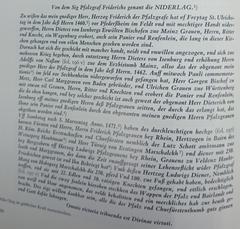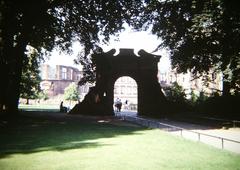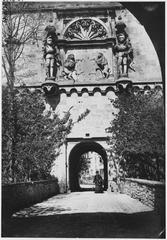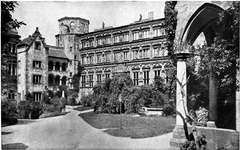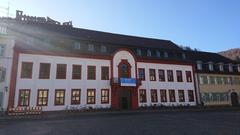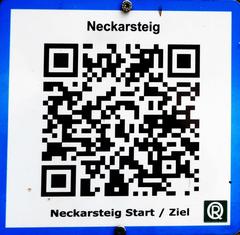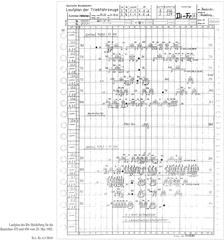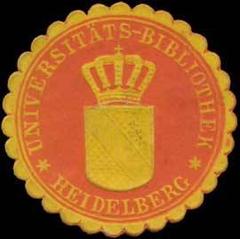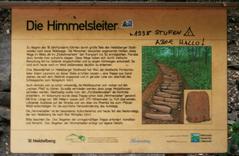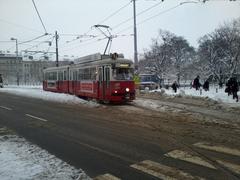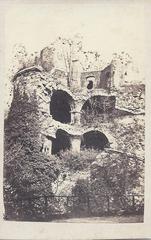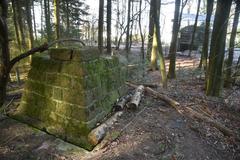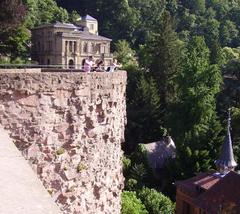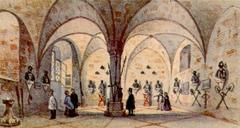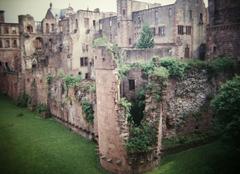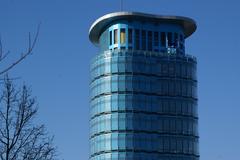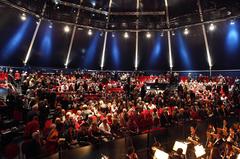
Documentation And Cultural Centre Of German Sinti And Roma
Visiting the Documentation and Cultural Centre of German Sinti and Roma in Heidelberg: A Comprehensive Guide
Date: 04/07/2025
Introduction
The Documentation and Cultural Centre of German Sinti and Roma in Heidelberg stands as a vital testament to the history, culture, and resilience of the Sinti and Roma people, particularly in the face of persecution during the Holocaust. Established in 1997, it serves as a poignant memorial, an educational hub, and a vibrant center for cultural exchange. This guide provides comprehensive information for visitors, covering the Centre’s historical significance, exhibitions, visiting hours, accessibility, nearby attractions, and frequently asked questions.
Historical Background
The Sinti and Roma, originating from Northern India, migrated to Europe centuries ago. The Sinti primarily settled in German-speaking regions, including Heidelberg. Despite their rich cultural contributions, they faced centuries of marginalization, stereotyping, and discriminatory laws (tourism-heidelberg.com). The Nazi regime’s rise marked a catastrophic turning point, leading to their systematic persecution and extermination in the Porajmos (USHMM Sinti and Roma). The Centre plays a crucial role in acknowledging this dark chapter and advocating for ongoing recognition and justice.
The Documentation and Cultural Centre
The Centre’s establishment on March 16, 1997, marked a milestone in the fight for recognition and remembrance (Documentation Centre History). The Centre’s mission encompasses remembrance, education, research, cultural promotion, and advocacy (Sinti und Roma Central Council). It is a place to honor the victims, educate the public, and foster dialogue to combat prejudice and discrimination.
Exhibitions
The Centre’s permanent exhibition provides a chronological and thematic exploration of Sinti and Roma history, with a particular focus on the Nazi persecution. Archival documents, personal testimonies, photographs, and multimedia installations create a powerful and immersive experience (Dokuzentrum Permanent Exhibition). Temporary exhibitions further enrich the visitor experience by delving into specific themes or contemporary issues relevant to Sinti and Roma communities. The Centre also maintains a permanent exhibition at the Auschwitz Memorial.
Visiting Information
Opening Hours
- Tuesday: 9:30 am – 7:45 pm
- Wednesday to Friday: 9:30 am – 4:30 pm
- Saturday and Sunday: 11:00 am – 4:30 pm
- Closed Mondays and public holidays
Admission
Admission to the permanent exhibition is free.
Guided Tours
Guided tours are available in German and English and can be booked in advance through the Centre’s website or by contacting them directly ([email protected]).
Location and Accessibility
The Centre is located at Bremeneckgasse 2 in Heidelberg’s historic Old Town, easily accessible by public transport. The building is wheelchair accessible, and multilingual resources are available.
Nearby Attractions
The Centre’s location in Heidelberg’s Old Town provides opportunities to explore other historical sites, such as Heidelberg Castle and the Old Bridge (tourism-heidelberg.com).
Educational Programs and Resources
The Centre offers a range of educational programs, including workshops, seminars, and online resources (sintiundroma.org portal). These programs cater to diverse audiences, from school groups to researchers, promoting a deeper understanding of Sinti and Roma history and culture.
Research and Archives
The Centre’s archives house a wealth of materials, including personal testimonies, photographs, and historical documents (Dokuzentrum Research). These resources are invaluable for researchers and those seeking to trace family histories.
FAQs
Q: Is photography allowed inside the Centre? A: Photography policies vary; it’s best to check with staff upon arrival.
Q: Are there any family-friendly activities? A: Yes, the Centre offers workshops and programs suitable for families and children.
Q: How can I get to the Centre using public transport? A: The Centre is accessible via Heidelberg’s tram and bus network. Consult local transport information for specific routes.
Conclusion
The Documentation and Cultural Centre of German Sinti and Roma in Heidelberg is more than just a museum; it is a living testament to a community’s resilience and a call to action against prejudice and discrimination. A visit to this Centre offers a powerful and educational experience, encouraging reflection and promoting a deeper understanding of Sinti and Roma history, culture, and contemporary challenges.

